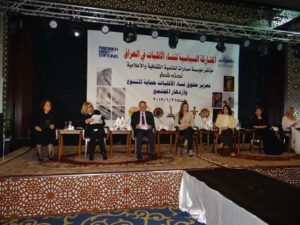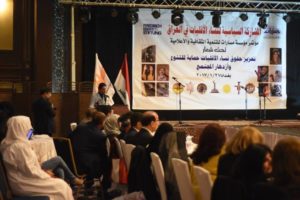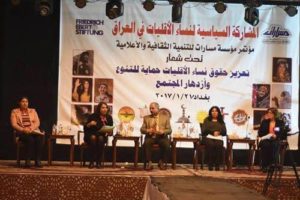In partnership with Fredrich Ebert Stiftung, MASARAT Institution for Cultural Development conducted its national conference titled: “Enhancing the political participation of women of minorities in Iraq.” The conference comes first among other activities of the department of Minority-women issues in the institution established last year.
The conference, held in Baghdad Friday 27th of January 2017, Palestine Hotel, opened with two outstanding activities: the first is a fashion show of all minority groups of Iraq, whereas the second is music, songs and dancing show presented by African – Iraqi women. The conference session were interspersed by music intervals and popular songs.
The conference also witnessed various activities, which engaged the largest representation of women of minorities in Iraq, such as: Armenians (Baghdad and Basra), Turkmanis (Kirkuk), Fayli Kurds (Baghdad), Shabaks (Ninava Plaines), African-Iraqis (Basra), Circassians, chechens, Daghistanis, Zoroastrians, (Sulaymania & Erbil), Kakai’s (Kirkuk & Sulaymania), Yezidis (Duhok & Erbil), Bahai’es (Baghdad, Basra & Erbil), Mandaens (Baghdad & Maysan), Christians (Chalden-Assyirans & Syrians) in Baghdad and Erbil.
The conference presented some recommendations that may improve the situation of the women of the Iraqi minority groups in partnership with religious institutions, Iraqi government and CSO for the sake of improving the religious, political and economic situation of women. The first session tackled “The status quo and the challenges facing women rights in the officially recognized minorities (Christians, Yezidis and Mandaens) and the unrecognized religious minorities (Bahai’s, Kakai’s and Zoroastrians). The second session “The status quo and the challenges facing women rights in the linguistic and ethnic minorities” such as Turkmanis, Shabak, Fayli Kurds, African-Iraqis and Iraqi Caucasian tribes. As for the third session, it was a general one which focused on enhancing the engagement and the participation of women belonging to minority groups in the public life. Finally, the final session launched a strategy to enhance the role of minority groups women via a road map which includes several recommendations, and a follow-up committee, membered by some women activists from the same minorities, is established to observe the implementation of these recommendations in coordination with the competent entities, and to plan for an annual conference to address some specific issues related to supporting the minority groups women.
It is worth mentioning that the conference came in the context of exceptional circumstances especially when Iraqi minority group women are encountering the severest attack in contemporary history, and the collective captivation, enslavement and rape that inflicted the Yazidi women.
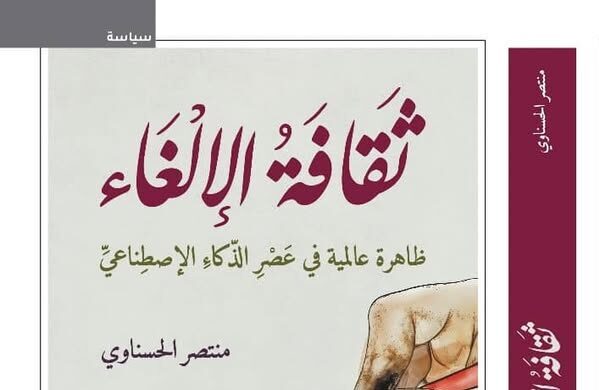
As part of the “Confronting Hate Speech” series, a new book by Dr. Muntaser Sabah Al-Hasnawi on “Cancel Culture” has been published by Masarat Foundation. Studying this new culture is part of the goal of the “Monitoring and Confronting Hate Speech Center” at Masarat Foundation, to shed light on a variety of issues related to […]
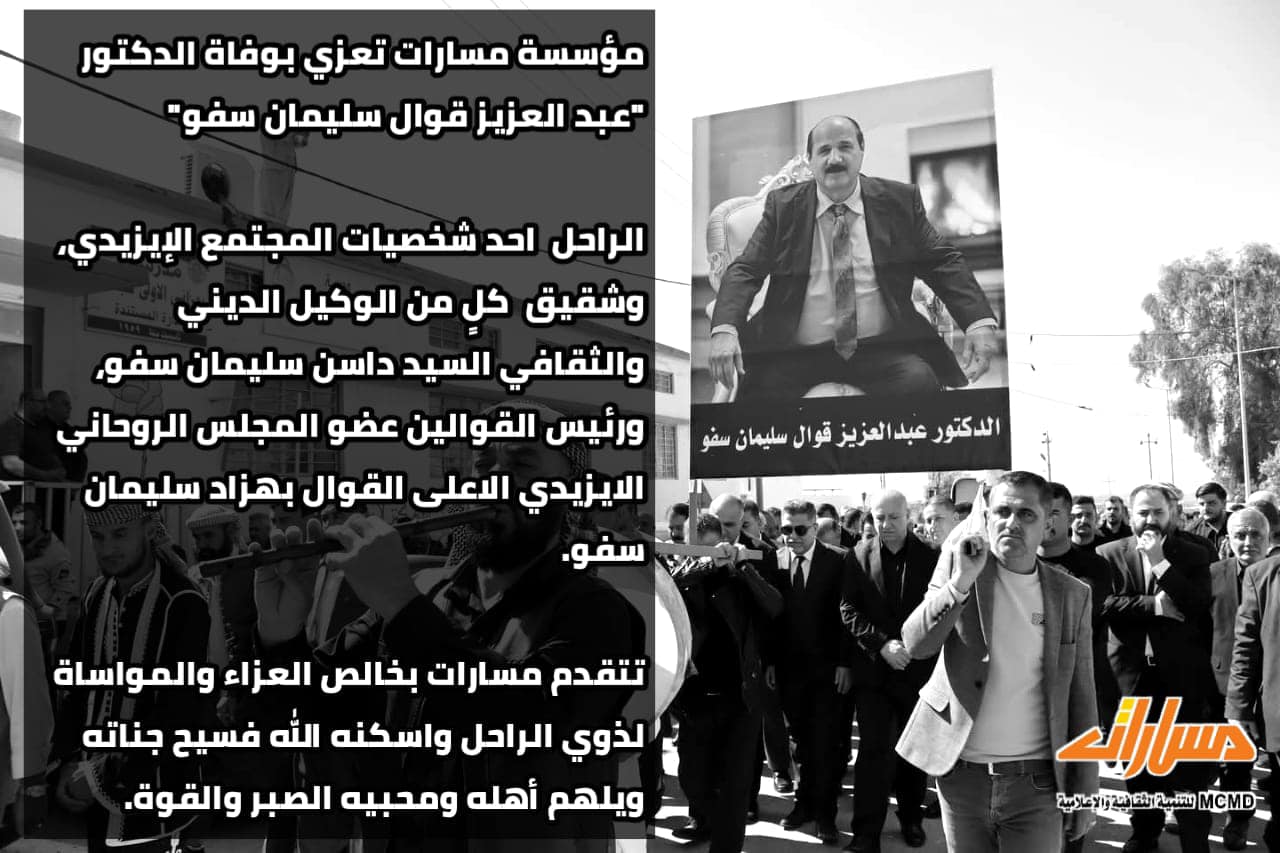
” The deceased was one of the prominent figures in the Yazidi community and the brother of both the religious and cultural representative Mr. Dasin Suleiman Sifo and the head of the Qawalin, member of the Supreme Yazidi Spiritual Council, Qawal Behzad Suleiman Sifo. Masarat extends its heartfelt condolences and sympathy to the family of […]
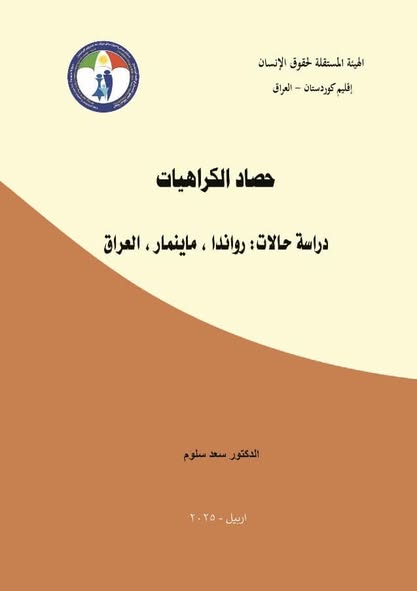
A new study authored by the general coordinator of Masarat Foundation has been published by the Independent Human Rights Commission in the Kurdistan Region of Iraq. The study, released in both Kurdish and Arabic, is titled “Harvesting Hatreds: Case Studies of Rwanda, Myanmar, and Iraq,” and analyzes the problematic relationship between the dissemination of hate […]
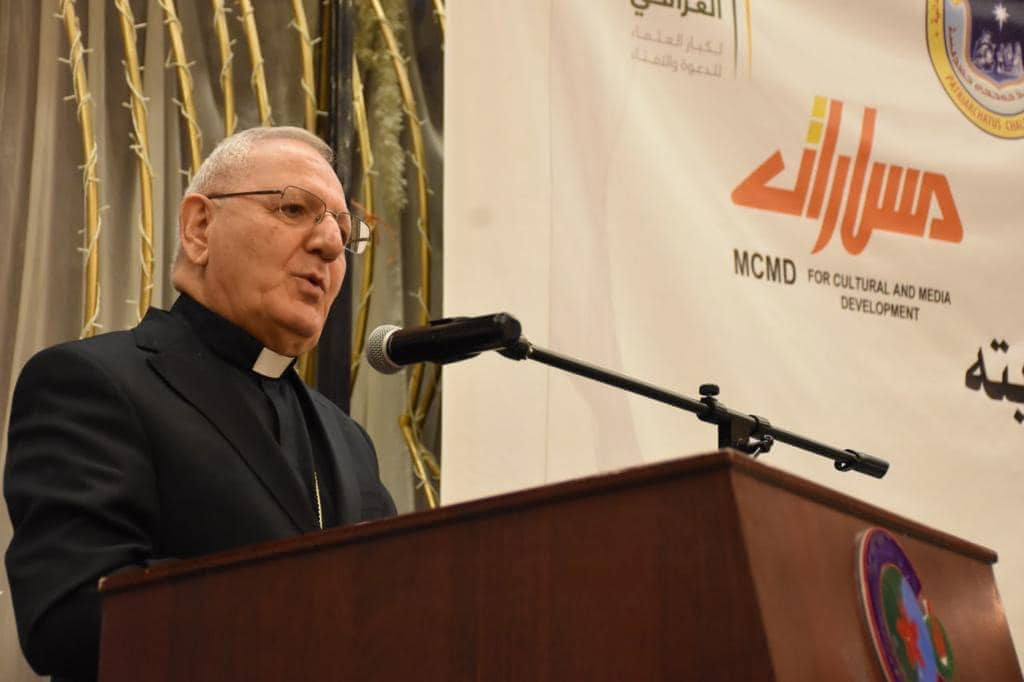
An article by Cardinal Sako, Patriarch of the Chaldean Church in Iraq and the world, titled: “Religion Does Not Cancel Identity,” praised the work of Masarat Foundation. In the article published on the Chaldean Patriarchate’s website, Sako pointed out that Iraq is multi-ethnic and multi-religious. This diversity can be managed wisely and not in a […]
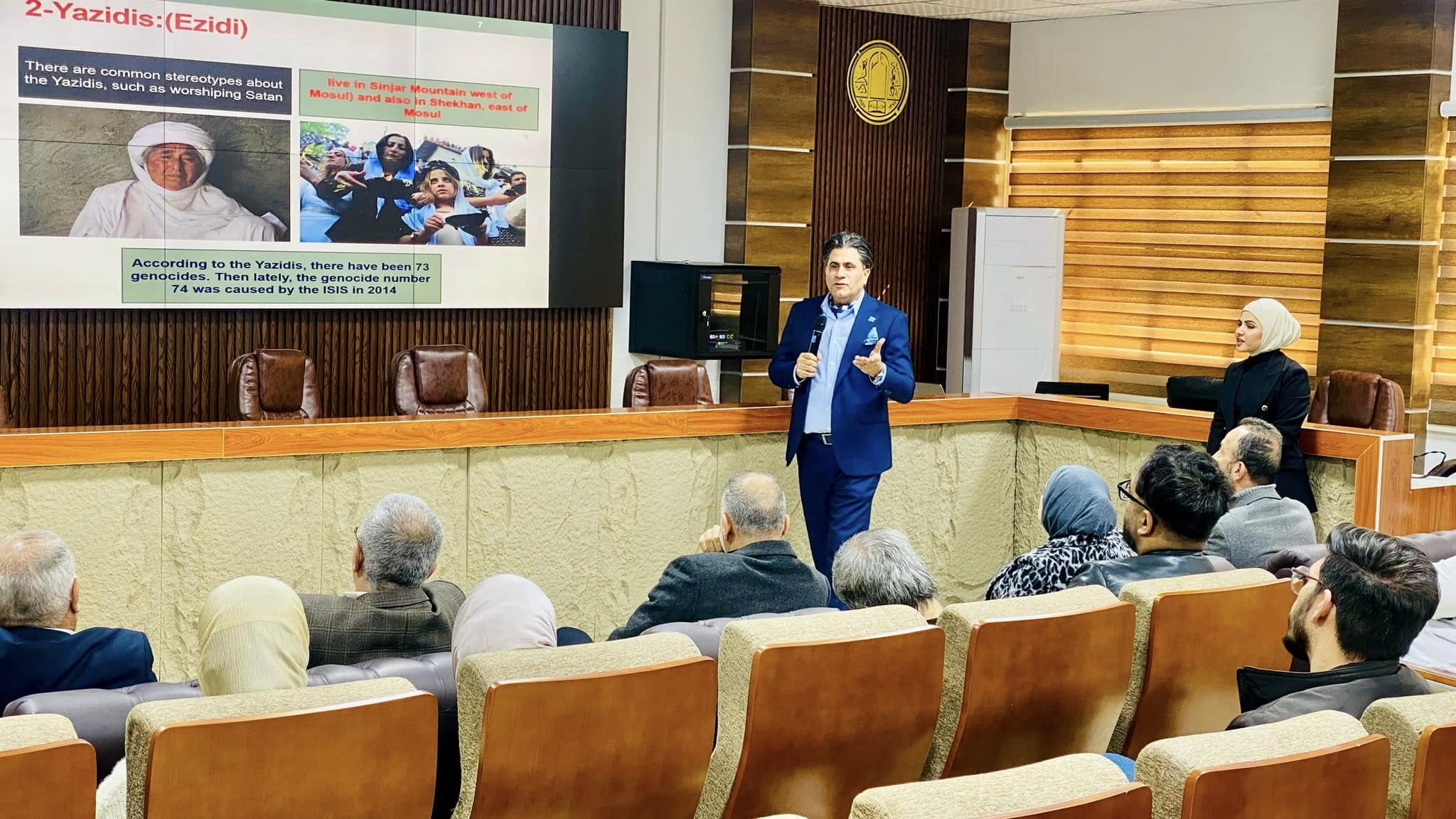
Dr. Saad Salloum, the general coordinator of Masarat Foundation, stated that religious and ethnic diversity is a source of strength and wealth, as well as a factor for unity in Iraq. This was mentioned in a lecture he delivered at the College of Medicine at the University of Baghdad, entitled “Managing Diversity and Challenges of […]
